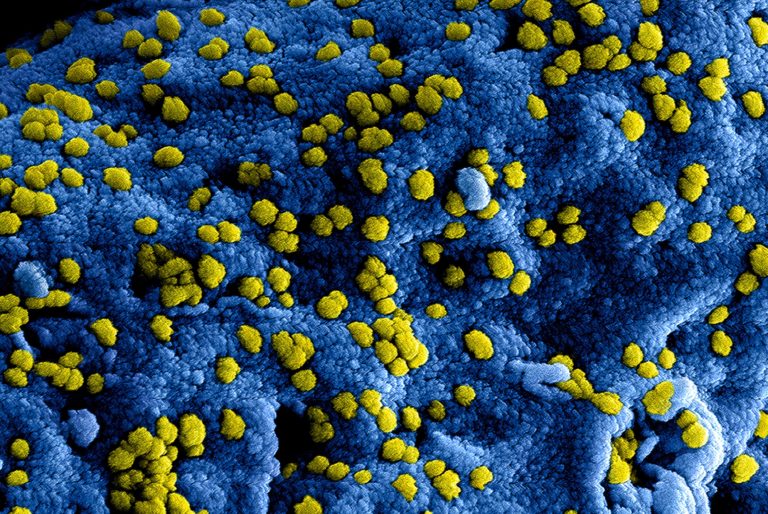Nov 27, 2019: Elsevier has acquired 3D4Medical, the global anatomy education company headquartered in Dublin, Ireland.
This is the world’s most advanced 3D anatomy platform, revolutionizing how students, educators, health professionals and patients understand and interact with anatomy.
Because of this outstanding technology and design, people learn using advanced 3D visualization tools, Complete Anatomy has garnered above a million registered users at more than 300 of the world’s top universities.
3D4Medical was the winner of the US-Ireland Research Innovation Awards. https://www.elsevier.com/about/press-releases/corporate/elsevier-acquires-3d-4medical-creator-of-world-leading-3d-anatomy-technology










